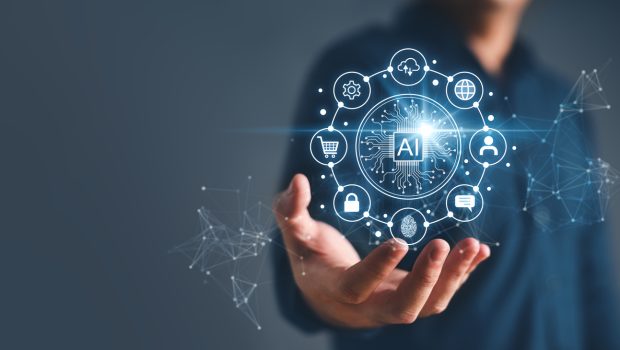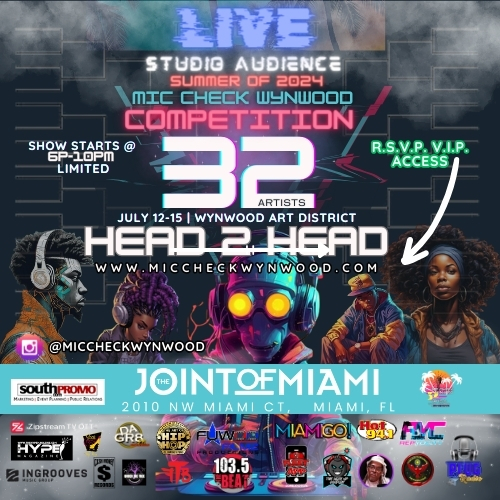Insights from Blake Fishman – Navigating the Legal Labyrinth of AI
In our rapidly evolving digital era, artificial intelligence (AI) has emerged as a cornerstone in numerous industries. Its utility spans from mundane tasks to complex decision-making processes. At the heart of this revolution lies tools like OpenAI’s GPT-4, famously known as ChatGPT. However, as Blake Fishman, a seasoned IT professional and AI expert, points out, the integration of AI in content development, while beneficial, is riddled with intricate legal challenges. These include issues of plagiarism, copyright infringement, and the accuracy of the content generated by AI.
Plagiarism in AI-Generated Content: A Grey Area
Plagiarism is traditionally understood as the act of using another’s work or ideas without proper attribution. AI, such as ChatGPT, crafts content by processing vast datasets that include internet content, books, and articles. This raises the possibility of inadvertently replicating unique phrases or concepts. Fishman emphasizes that the lack of original authorship comprehension in AI makes it a breeding ground for unintentional plagiarism.
The legal complexities in this scenario are multifold. Current plagiarism laws are ill-suited for cases where a machine, lacking intent or consciousness, creates content that mirrors someone else’s work. This dilemma raises questions about liability: Should it fall on the user, the developers, or is it an inherent risk of AI use? Fishman advocates for a nuanced understanding of AI’s capabilities and limitations in this context.
Copyright Conundrums in AI Outputs
Another facet of the legal debate centers on copyright laws, which protect original works of authorship. The AI’s process of content creation, based on input data, occasionally mirrors copyrighted material, leading to questions about the originality of AI-generated content. “Who holds the copyright for content created by AI? The user, the developer, or is it inherently uncopyrightable due to its mechanistic nature?” Fishman poses these critical questions.
This area becomes even more convoluted when AI produces transformative works. Such creations, while novel, often have roots in the original input data, which might include copyrighted material. Determining whether these works qualify as fair use is a gray area lacking clear legal precedents.
The Accuracy Dilemma in AI Content
A significant concern highlighted by Fishman is the accuracy of AI-generated content. AI tools like ChatGPT produce content based on learned patterns but do not understand or verify the information’s accuracy. This is particularly problematic in sensitive domains like healthcare or legal advice, where disseminating incorrect information could be harmful. The issue of liability and accountability for misinformation in such scenarios becomes a complex legal puzzle.
In many jurisdictions, liability for misinformation necessitates awareness of the falsity of the information. However, this standard is hard to apply to AI, which lacks consciousness. Fishman suggests that as AI becomes more prevalent, legal frameworks might evolve, potentially introducing strict liability standards for AI-generated content or new regulations governing AI tool usage.
Blake Fishman: A Beacon in the AI Legal Dialogue
Blake Fishman, with his extensive background in technology and business, has been a pivotal figure in understanding AI’s impact on the IT marketplace. His work spans research, analysis, and strategic planning, helping organizations navigate the potential and challenges of AI. As the legal landscape around AI continues to evolve, Fishman’s insights into the practical and ethical considerations of AI use have become increasingly valuable.
With a deep understanding of the intersection between technology and law, Fishman has emerged as a crucial voice in discussions around the legal issues of AI-generated content. His expertise covers a broad spectrum of concerns, from plagiarism and copyright to information accuracy.
Fishman’s approach to AI is rooted in his belief in its transformative power, tempered by an acute awareness of its potential pitfalls. He advocates for a balanced use of AI, leveraging its benefits while mitigating its risks.
As AI technology advances rapidly, Blake Fishman stands as a guiding figure in the IT marketplace, equipped to lead through the challenges and opportunities that lie ahead. His comprehensive grasp of the technology, its implications, and the legal issues it presents, positions him as an invaluable resource in this digital age.
Tweet









































